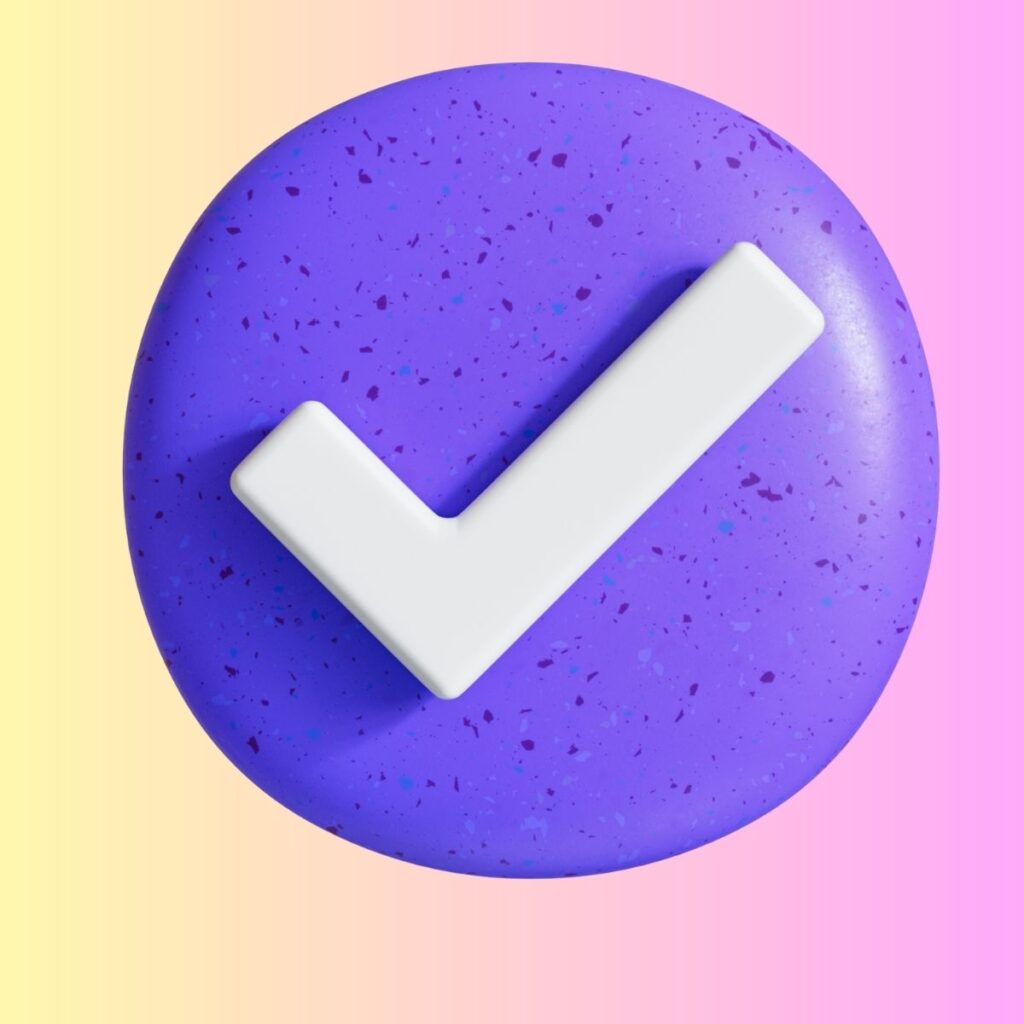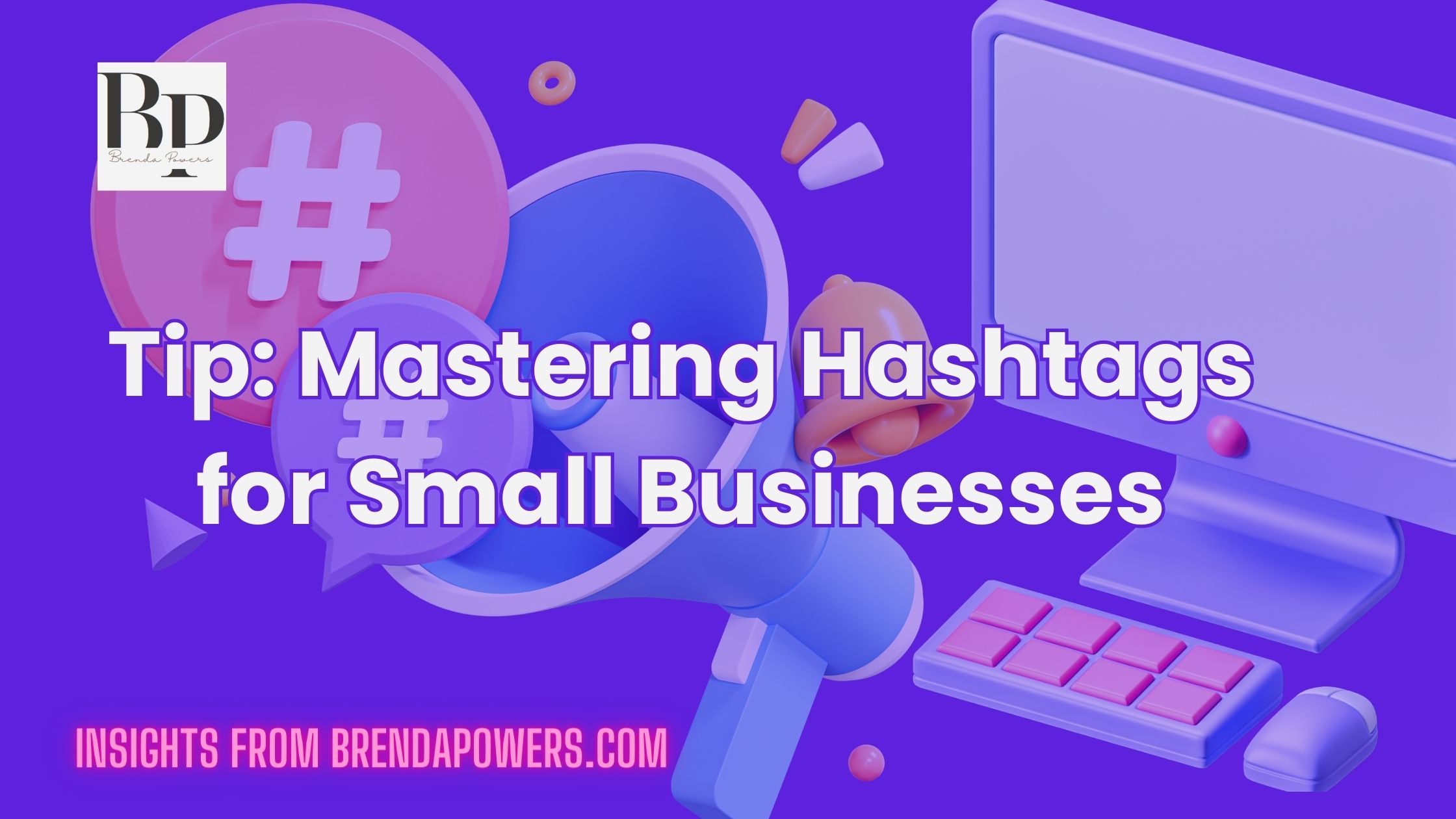Hashtags are keywords or phrases used on social media platforms preceded by the hash symbol (#). They serve as a link to a collection of posts that contain the same hashtag, thus making it easier for users to find content on a specific topic.
For instance, a post about digital marketing might be tagged with #digitalmarketing. When clicked, this hashtag will lead you to a page where you can view other posts tagged with the same hashtag.

Hashtags are important for increasing your business's visibility and engagement on social media platforms.
By using hashtags, you can make your content more visible and discoverable, even to people who don't follow your account.
Hashtags also help in keeping up with trends. To stay up-to-date on news related to your industry, you can search for certain hashtags regularly and keep an eye out for relevant content. This is especially beneficial for businesses that focus on timely topics.
Utilizing hashtags can also help you connect with other businesses and influencers in your industry.
You can search for relevant hashtags related to a particular topic and join conversations by commenting or liking posts with those tags.

Creating a hashtag for your own business is another great way to build a quality online presence and engage with your followers. It's important to find something that is both unique and relevant to your brand.
You should also make sure the hashtag you choose has no existing associations by searching for it on the platform before using it in your content.

Here's how hashtags benefit your business and how they work:
Increased Visibility: When you use hashtags in your social media posts, your content becomes discoverable to users who are searching for or following those hashtags. This exposes your posts to a larger audience beyond just your followers.
Targeted Reach: Hashtags allow you to target specific niches, industries, interests, and trends. By using relevant and trending hashtags, you can reach people who are interested in the topics related to your business.
Content Categorization: Hashtags categorize your content and make it easier for users to find and explore topics they are interested in. This is particularly useful for businesses in niche markets.
Engagement: Hashtags encourage engagement from users who are interested in the same topics. Users might like, comment, share, or follow your posts if they find your content valuable or interesting.
Branding: Creating a unique branded hashtag can help you build brand recognition. It can be used for campaigns, contests, and events, allowing users to easily find and engage with your branded content.
Event Promotion: If your business is hosting or participating in an event, using event-specific hashtags can help promote the event and connect with attendees.
Market Research: By monitoring hashtags relevant to your industry, you can gain insights into current trends, competitors, and customer sentiment.
Joining Conversations: Hashtags allow you to join ongoing conversations and discussions related to your industry. This positions your business as a relevant and knowledgeable participant.
Cross-Platform Consistency: While the use of hashtags originated on Twitter, they are now widely used across multiple social media platforms, including Instagram, Facebook, LinkedIn, and TikTok. Using consistent hashtags across platforms helps users easily find your content.

Making Hashtags Work for Your Business:
- Research: Start by researching relevant hashtags that are commonly used in your industry or by your target audience. Look for both popular and niche hashtags.
- Select Appropriate Hashtags: Choose hashtags that accurately represent your content. Use a mix of general and specific hashtags to broaden your reach while targeting a specific audience.
- Incorporate in Posts: Include hashtags in your social media posts. You can use them within the caption or add them at the end of your post.
- Limit the Number: While some platforms allow multiple hashtags, it's recommended to use around 2-5 relevant hashtags per post to maintain readability and avoid looking spammy.
- Create Branded Hashtags: If applicable, create unique hashtags that represent your brand or specific campaigns. Encourage your followers to use them in their posts as well.
- Monitor and Analyze: Keep track of how your hashtags perform using analytics tools provided by the social media platforms. This helps you refine your hashtag strategy based on what works best for your business.
Remember that while hashtags can be powerful tools, overusing them or using irrelevant ones can negatively impact your content's reach and credibility.
Carefully select and implement hashtags that align with your business's goals and resonate with your target audience.


Business is about relationships. Looking for help with web design, content or SEO? No time for Social Media Marketing?
Let's talk about your business goals and see if having someone as a partner in your growth would help.
#digitalmarketing #columbiatn #smallbusiness

